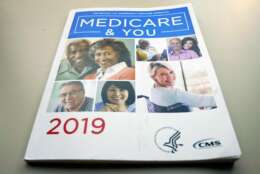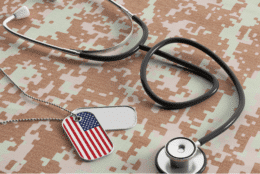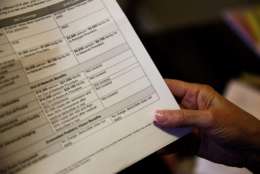Open Season
-
Bottom line, if you do nothing, as per usual, expect to pay more. But with a little hustle you can pay much less.
October 20, 2020 -
Federal health insurance premiums will see a moderate increase next year, but the president's payroll tax deferral makes calculating next year's paycheck all the more tough.
October 19, 2020 -
Participants in the Federal Employees Health Benefits Program (FEHBP) can expect to pay, on average, 4.9% more for their health insurance in 2021. Participants may pay more or less depending on the options they choose.
October 14, 2020 -
The Office of Personnel Management has added a few new dental and vision insurance options for federal employees ahead of the upcoming open season.
August 12, 2020 -
The end of the federal health insurance open season is just days away but by now most people in the 30-plus plans and options have made their decision.
December 06, 2019 -
Does your bucket list include actively participating in the annual federal health insurance open season? Probably not.
December 05, 2019 -
The money you save, without losing any benefits or coverage, could be enough to buy you a new car next year — half a car, anyhow.
December 04, 2019 -
You can’t be covered by any of the FEHBP plans unless you were enrolled in one — as in paying premiums — for the five years prior to retirement.
December 02, 2019 -
Health premiums can be hefty. Yet with all the choices in the Federal Employees Health Benefits Program there is no reason someone should pay more than necessary.
November 29, 2019 -
Interested in a health plan that would give you $1,000 to $2,000 a year for staying healthy?
November 27, 2019 -
The web issue will not be fixed by the end of open season on Dec. 9. The other two options are to enroll by phone or mail.
November 25, 2019 -
With 10 working days to go until the health insurance open season ends, the $2,000-to-$3,000 question to ask is are you in the right Federal Employees Health Benefits Program plan?
November 25, 2019 -
Don’t be wedded to your current, traditional plan just because you’ve been with it for years.
November 20, 2019 -
Savvy single federal workers looking for both love and a low-cost health plan can kill two birds with one stone during the health insurance open season. With careful planning and a little luck, they may…
November 18, 2019 -
Suppose you had three weeks to make a decision that could have a make-or-break impact on both your health and your finances.
November 18, 2019














